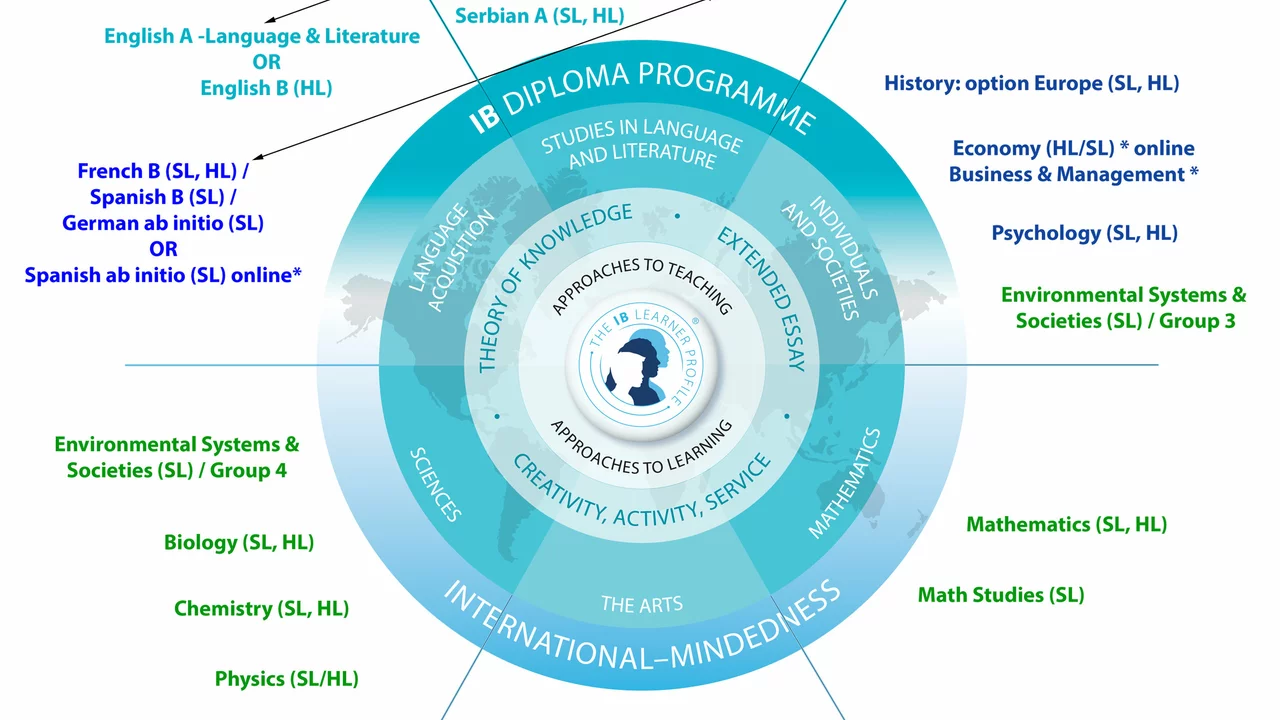Education and Learning: Practical guides, study tips and news
Want straight-up help with school, exams or learning new skills? This section of Mana India News brings simple, useful advice you can use today — from study routines to exam strategies and practical help with big projects like the IB extended essay.
We focus on real problems students face: picking topics, finding sources, staying organized, and avoiding burnout. You won’t find lofty theories here. Instead, expect clear steps, short checklists, and examples that make busy students’ lives easier.
How we help you
Short guides: quick reads that give one thing you can change right now, like a 20-minute study plan or a note-taking method that actually works.
Deep dives: longer explainers for bigger tasks, such as writing a research essay or choosing the right course after school. These pieces break big tasks into small, manageable actions.
Updates and news: timely stories about exams, policy changes, scholarships and online learning tools that affect students across India.
Quick, practical tips to start using
Set a weekly plan, not a vague wish. Pick three study goals for the week, slot them into specific times, and treat those slots like appointments. Use a 45/15 study-rest rhythm or try 25/5 if you prefer shorter bursts.
Make sources your priority. When researching, gather at least five credible sources early: books, academic articles, reputable news stories, or official reports. Save full citations right away to avoid last-minute panic.
Break big projects into steps. For an extended essay or research project, map out topic choice, a short proposal, three solid sources, an outline, a first draft, and two revision passes. Assign rough dates to each step and stick to them.
Ask for feedback early. Give a draft to a teacher, mentor, or peer before the final week. Early feedback prevents frantic rewrites and improves clarity.
Keep honesty front and center. Academic honesty matters. Learn how to paraphrase, quote, and cite properly. If you’re unsure, ask a teacher — they’d rather guide you than penalize you later.
Use tools, but don’t rely on them. Note-taking apps, citation tools, and study timers are helpful. Use them to save time, not to replace thinking. Always double-check citations and summaries yourself.
Build a support routine. Study groups, teacher check-ins, or even a study accountability buddy make big projects less lonely and more consistent.
Interested in the IB extended essay? We have a focused piece that explains requirements, common challenges, and practical ways to pick a topic and stay on track. It’s written for students who need clear steps, not vague tips.
Want more? Browse this category for short guides and in-depth help designed for real students. Bookmark the page, try one tip this week, and see how small changes add up over time.

The IB extended essay is a significant part of the International Baccalaureate (IB) Diploma Programme, requiring students to conduct independent research and pen down a 4,000-word essay. It demands extensive planning, research, and analytical skills, testing students' abilities to manage and organize their ideas effectively. Encountering challenges is inevitable, including choosing the right topic, finding relevant resources, and maintaining academic honesty. It’s a demanding task, yet it's an excellent opportunity for students to explore their interests deeply and sharpen their research and writing skills. Remember, the journey is tough, but the rewards are worth it!
Continue Reading





